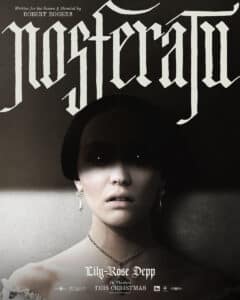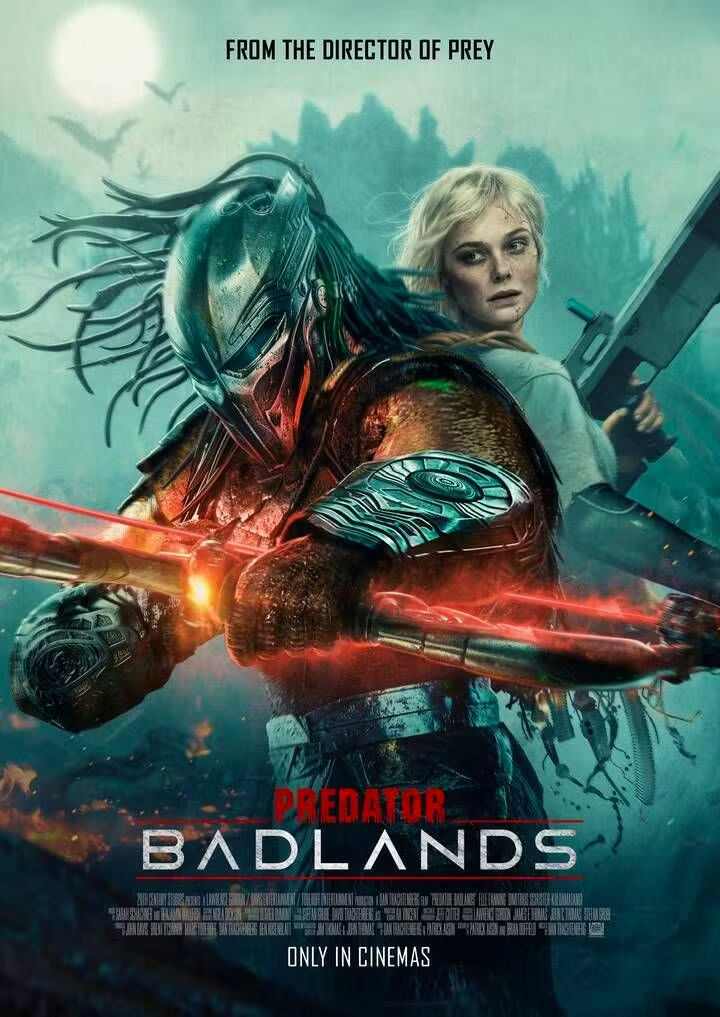
Nosferatu
So, we’re in Germany, way back in 1838, right? Thomas Hutter’s just married Ellen and is off to work on this real estate gig. He’s sent out to the Carpathians by his agency, which totally sound like they have an adventure up their sleeve. But things get creepy fast when he arrives—it’s all nightmares and odd local customs that are more than a little spooky.
Then this carriage shows up, sans driver, to whisk him off to Count Orlock’s castle. Talk about sketchy! Once there, Orlock has Thomas sign a contract that’s basically gibberish in some ancient language. And surprise—Thomas eventually realizes the count’s not exactly alive…and super terrifying. He locks himself away in his room.
Count Orlock bolts for Wisborg because he’s got this intense crush on Ellen that he’s apparently had since she was young. Meanwhile, a plague hits the town right as Orlock pulls into Wisborg—conveniently, people barely notice him sneaking around. Ellen has three days to resist his ominous advances or who knows what will happen!
Now here’s where it gets wild: it almost seems like Ellen somehow caused all of this chaos by attracting Nosferatu with her desires—this deep-down stuff society always ignores or pushes away. Even the somewhat kind Dr. Sievers is clueless at helping her out beyond using old-school methods like recommending corsets for her apparent issues! It’s a tale of tangled emotions and more than meets the eye for sure!
Ellen’s story is a fascinating mix of being a mermaid and a saint. It’s really about powerful femininity, strong enough to conquer the monster but still tangled up in what society expects from women. This was kind of the vibe in Eggers’ first movie, “The Witch,” too—though that one had a different ending. Both movies show how women’s challenges often come from their roles in society.
With Ellen, she had vampire nightmares during puberty, but things calmed down once they came face to face. The trouble starts again only when her hubby dismisses her concerns and leaves her alone at home. He’s actually a loving guy caught up in trying to improve his own situation while also dealing with societal pressures.
The movie has this clear idea: desire is powerful when it’s hidden away in darkness, at night. But when you accept it and bring it out into the open, that’s when it stops being threatening. Willem Dafoe’s character plays into this; he’s like Van Helsing but more mystical. He tells Ellen she’d be seen as a powerful priestess instead of stuck at home if times were different.
Eggers nails the retelling beautifully—this fresh take keeps you thinking!
This movie is a real visual treat, just like the old Murnau classic. It focuses on straightforward camera shots where characters sometimes look directly at you. The director plays around with quick cuts and smooth, flowing camera movements to keep things lively.
They’re back working with Jarin Blaschke, the talented cinematographer who does wonders with shadows and gives us these faded, ash-colored visuals that are just beautiful. Plus, Eggers teams up again with young composer Robin Carolan, whose amazing music reminds you of silent film scores — powerful stuff!
The whole package—costumes and set design—fits perfectly. The cast delivers incredible performances. Lily-Rose Depp has some jaw-dropping dance-like moves thanks to guidance from a Butoh choreographer. Then you’ve got Bill Skarsgård shattering expectations yet again as a version of Nosferatu that isn’t your typical Dracula or old Nosferatu guy; think more gritty, zombified corpse complete with wounds—and a unique mustache.
And then there’s Willem Dafoe! He’s having a blast playing this character who’s way different from the classic Van Helsing type. They even gave him a different name—Albin Eberhart von Franz—as a nod to both an original film producer and set designer and a Jungian psychologist obsessed with fairy tales and alchemy.
It’s all very cool!
“Lawless” is this wild ride that just runs a bit long but sticks to what you’d expect if you’re into Eggers’ films. Not a ton of surprises here, except maybe the unexpected prologue at the start. If you know his stuff, you’ll probably see most of it coming, but it’s still got that raw edge he’s known for.
To watch movies and TV shows online, please sign up with our partner, a legit streaming service.
Get Started ➔






